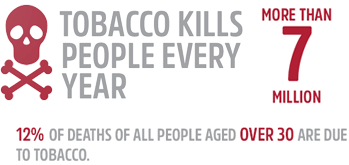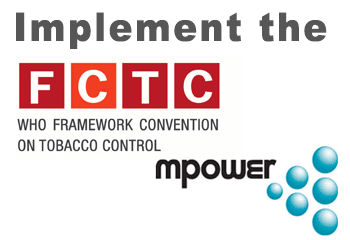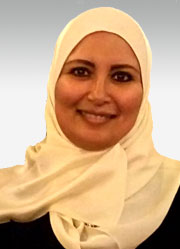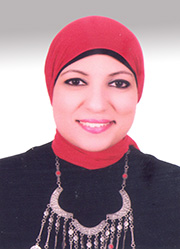What we do

We are one of several technical programmes in the Department of Noncommunicable Diseases and Mental Health at the WHO Regional Office for the Eastern Mediterranean in Cairo, Egypt. We provide advice, as well as technical and programmatic support to 22 countries in WHO’s Eastern Mediterranean Region, to adopt and implement effective legislative, executive, administrative and other measures.
We work closely with WHO headquarters, regional offices, and 22 country offices, ministries of health, and national and international partners, as well as individuals and communities to:
reduce the burden of disease and death, as well as the harmful health, social, environmental, and economic consequences caused by tobacco.
protect present and future generations from the devastating effects of tobacco, by reducing its consumption, through implementing the WHO Framework Convention on Tobacco Control (WHO FCTC) and the MPOWER measures to reduce tobacco use.
Every year, more than 7 million people die from tobacco use worldwide, including the 900 000 people that die from exposure to secondhand smoke. In some countries of the Eastern Mediterranean Region, smoking can be as high as 52% among men and 22% among women. Data for young boys and girls are equally alarming. Smoking can reach 42% among boys and 31% among girls.

Our goal
To guide countries towards achieving the global target of reducing tobacco use among young people and adults by 30% by 2025. This target was agreed under the comprehensive global monitoring framework for the prevention and control of noncommunicable diseases (NCDs).

The full implementation of the WHO FCTC and the MPOWER measures to reduce tobacco use in the Region would lead to a reduction in tobacco use ranging from 20% to 40% in 5 years and, in some countries, by up to 36% in 5 years and 56% in 15 years.
More on Tobacco Free Initiative (TFI) programme
The WHO Tobacco Free Initiative (TFI) is one of several technical programmes in the Department of Noncommunicable Diseases and Mental Health at the WHO Regional Office for the Eastern Mediterranean in Cairo, Egypt.
TFI, established in July 1998, is managed by a tobacco control advisor, who is based in the Regional Office. The adviser works closely with core teams, including communications and surveillance, as well as with WHO headquarters in Geneva, other regional offices in Africa, the Americas, Europe, South-East Asia and the Western Pacific, as well as country offices and liaison officers and partners to plan and implement all tobacco control activities, and facilitate and advance WHO's tobacco control agenda. More specifically, TFI:
assists countries in adopting and implementing multisectoral national policies and legislation in line with the WHO FCTC.
strengthens managerial and technical capacities of the national workforce on tobacco control.
establishes regional and country level surveillance by implementing the Global Tobacco Surveillance System (GTSS) to monitor progress towards the target of reducing tobacco use.
enhances health systems capacity to integrate cessation support services.
provides technical support to undertake policy research on various aspects of tobacco control, including monitoring of tobacco industry activities.
conducts communication and media advocacy to enhance public awareness, including celebrating World No Tobacco Day on 31 May on an annual basis.
Contact the regional team

Dr Fatimah El Awa
Regional Adviser
Tobacco Free Initiative
Department of Noncommunicable Diseases and Mental Health
Work: +202 227 65072
Email:

Ms Radwa El Wakil
Programme Assistant
Tobacco Free Initiative
Department of Noncommunicable Diseases and Mental Health
Work: +202 227 65675
Email:








